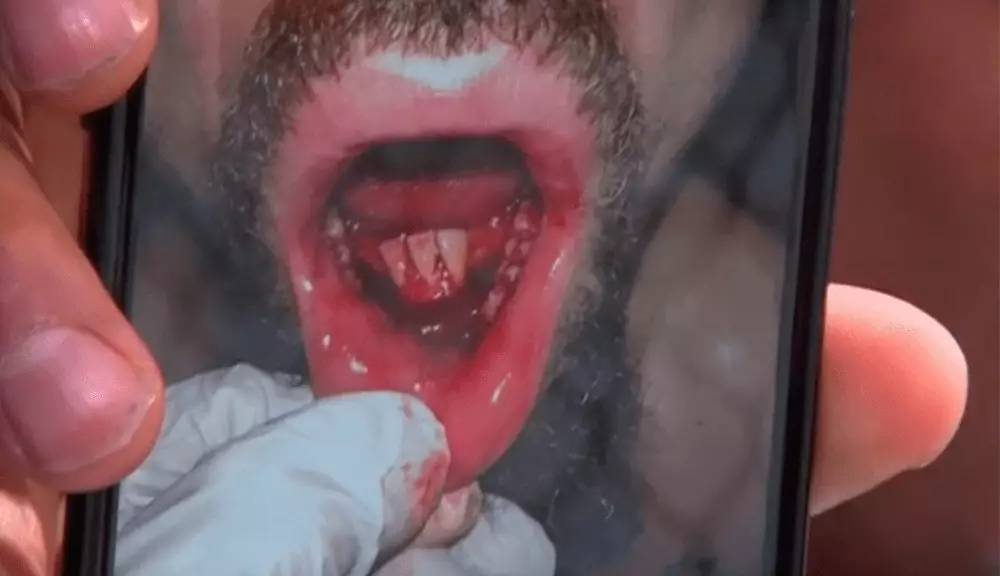Robert Whittaker’s recent confrontation with Khamzat Chimaev at UFC 308 concluded with the former middleweight champion submitting in the first round. This unexpected outcome didn’t just signify a loss in the octagon; it marked the culmination of a long-standing battle with dental issues that had plagued Whittaker for years. The moment Chimaev executed a decisive face crank, Whittaker’s immediate response was to tap, a reflex born not out of fear but rather out of necessity due to the immediate pain caused by a misalignment of his bottom teeth—a condition that would require urgent surgical intervention.
Whittaker divulged the extent of his dental problems during a candid discussion on his “MMArcade Podcast,” revealing a history stretched over a decade. Describing his teeth as “shot,” he acknowledged that a considerable lack of stability had rendered them vulnerable. Years of trauma and persistent issues had reached a boiling point, leading him to reflect on the advice he received from various dental professionals. Maintaining his natural teeth had seemed crucial at the time; however, in hindsight, it was a futile endeavor that allowed the complications to exacerbate.
His experiences with previous opponents, such as Dricus Du Plessis, only served to aggravate his dental condition, pushing his teeth further out of place. This battle with injuries was not merely physical; it intertwines with the psychological weight that fighters carry, as Whittaker expressed a sense of regret for not addressing the dental problems earlier on.
Post-surgery, Whittaker’s experience took an unexpected turn when doctors uncovered a significant cyst within his jaw. This finding not only illuminated a potential source of his chronic infections but also underscored the often-overlooked complexities of an athlete’s health. The cyst, hidden away for years, likely contributed to the numerous dental issues Whittaker faced. The revelation opened a new chapter in understanding how underlying health problems can affect performance and quality of life.
Whittaker’s statement about not having been able to bite into an apple since he was 19 reveals the far-reaching implications of his dental issues on his everyday life. As he navigates this recovery period, the fighter can now lay a foundation for improved oral health and overall well-being. The removal of his compromised teeth, although daunting, marks a critical step towards regaining his resilience both in and out of the ring.
Robert Whittaker’s journey through physical adversity highlights an essential lesson for athletes—prioritizing health above all else is critical. His story is a reminder that the consequences of neglect can be far-reaching, illustrating how injury management extends beyond the immediate physical ramifications. Emphasizing proactive care can not only enhance performance but also lead to a better quality of life.
As Whittaker embarks on this path of healing, he represents the grit and determination fighters embody, showing that vulnerability and strength can coexist. His experiences instill hope for other athletes facing similar battles, encouraging them to confront their health challenges head-on and prioritize their well-being for future success.

